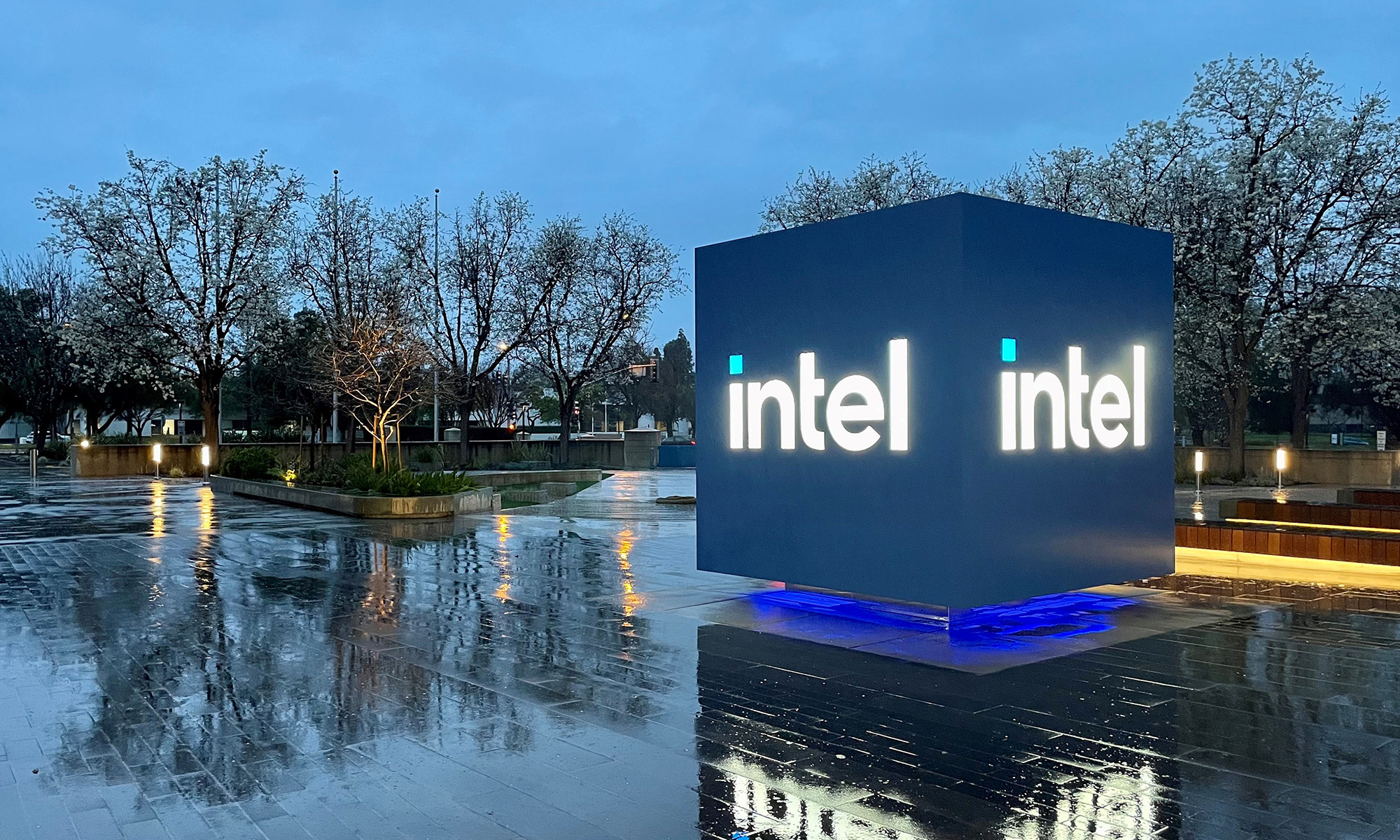Intel's (INTC 17.15%) central processing unit (CPU) shortage, which began in the middle of 2018, has hurt the company big-time. Chipzilla has been ceding market share in the CPU space to rival Advanced Micro Devices (AMD +2.29%); its inability to satisfy customers has forced them to look for alternatives to avoid shipment delays.
Microsoft, for instance, is reportedly planning to switch from Intel to AMD for its upcoming Surface laptop, probably frustrated by the shortage.
The bad news is that Intel's CPU business could be in for more pain. DigiTimes' latest report says that PC vendors should brace for another round of shortage of Intel CPUs. If that's the case, the chip giant's business is all set to take a hit in the crucial holiday season.

Image source: Getty Images
Another setback for Intel
The DigiTimes report points out that Intel's CPU shortage started easing up in the early part of the third quarter. But the company seems to have shot itself in the foot once again, as supply chain inputs indicate that the manufacturing capacity of 14-nanometer CPUs isn't strong enough to satisfy the demand.
As a result, PC vendors might be forced to delay the launch of new models to next year, according to industry sources cited by DigiTimes. More importantly, the latest shortage opens up the possibility of Intel losing more market share to AMD, especially considering that the latter has been busy rolling out its 7nm Zen 2 processors.
Market-share trends suggest that PC OEMs (original equipment manufacturers) have been choosing AMD's processors over Intel's because AMD is making its chips using a superior process. A smaller manufacturing process node means that the transistors on the chip are packed together more closely.
This allows the new Ryzen CPUs to perform at par with or even better than Intel's CPUs at competitive price points. More importantly, the new AMD Ryzen CPUs surpass Intel's in power efficiency.
So it's not surprising to see that more OEMs are flocking to AMD. According to a survey of more than 2,000 PC configurations carried out by brokerage firm Susquehanna Financial Group, AMD cornered 20% of the desktop CPU market in the third quarter of 2019. That's higher than the 17% market share the company was sitting on in the prior-year period.
Susquehanna analyst Christopher Rolland believes AMD could boost its market share in the remaining months of the year, though there's one problem that could halt its march.
Is AMD in the same boat as Intel?
AMD recently issued an update on the availability of its latest generation Ryzen processors. The company said in a Reddit post that it's currently busy "meeting the strong demand" of the third-generation Ryzen processors that are already on sale.
As a result, AMD has pushed the launch its high-end 16-core desktop processor -- the Ryzen 9 3950X -- from September to November. The high-end Threadripper parts have also been delayed to November.
Supply chain chatter indicates that AMD has been forced to delay the launch of these two chips because of performance issues. The CPUs were reportedly struggling with "unsatisfactory" clock speeds, according to DigiTimes, and AMD decided to withhold their launch instead of bringing a half-baked product to the market.
If that's the case, then AMD seems to have made a smart move, as it can focus on boosting the output of its already-launched CPUs to fill the void that could result from Intel's latest shortage. However, investors shouldn't forget that AMD could also be facing supply constraints: The production lead time of 7nm chips at foundry partner TSMC has reportedly shot up from two months to six months. Such a scenario could weigh on AMD's ability to take more market share from Intel.
But if AMD is indeed pushing up the production of its already-launched parts, then it can still gain over Intel (thanks to the advantages of AMD's 7nm process), keep eating into Chipzilla's CPU dominance, and remain a top stock pick.





